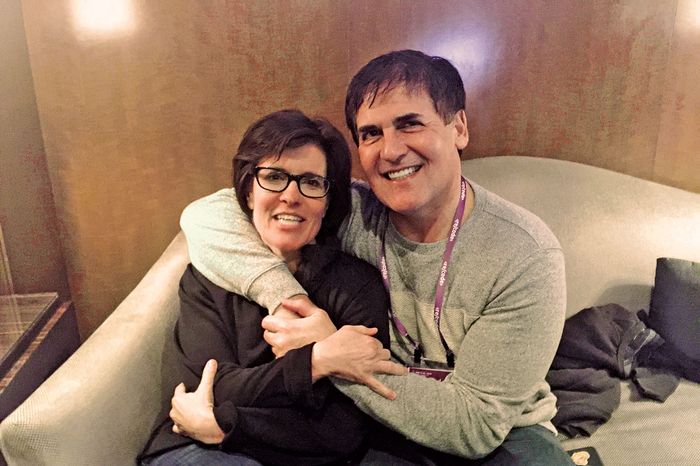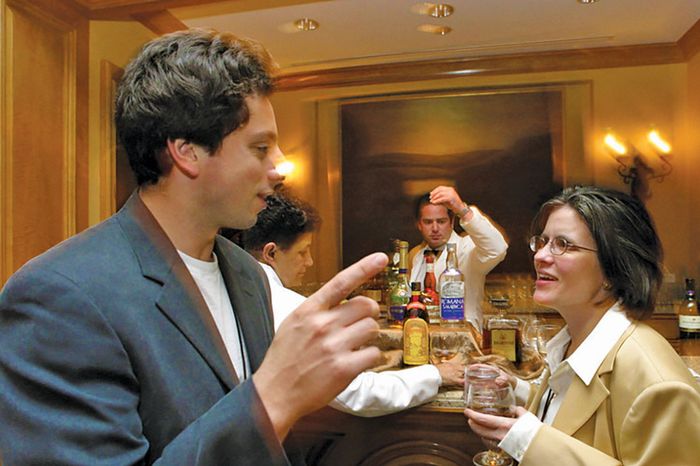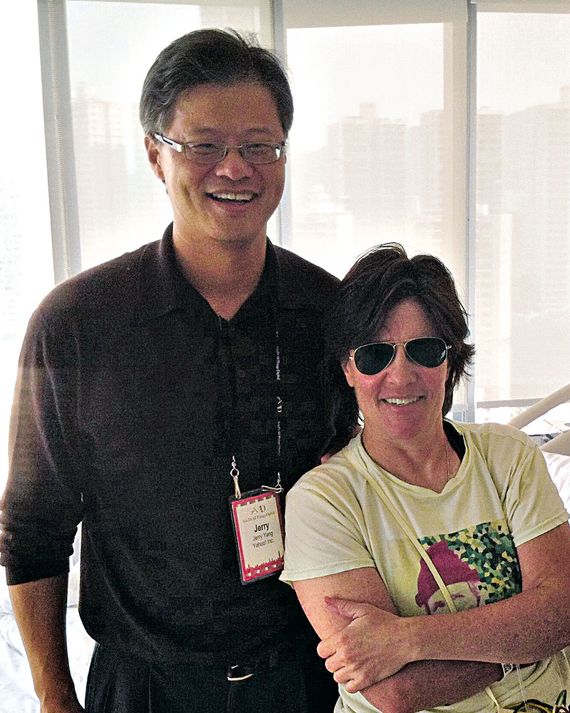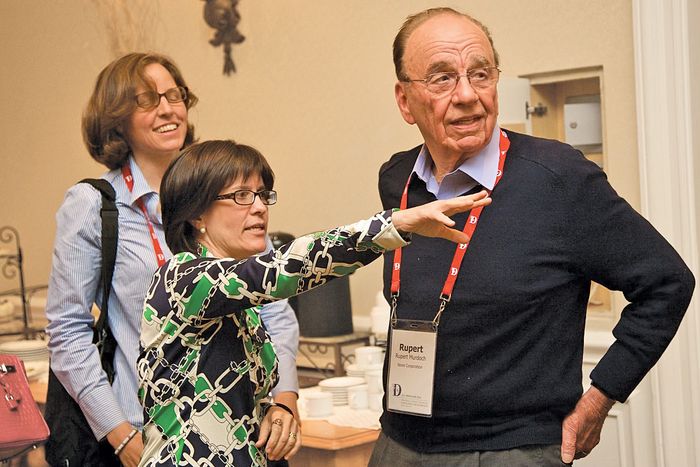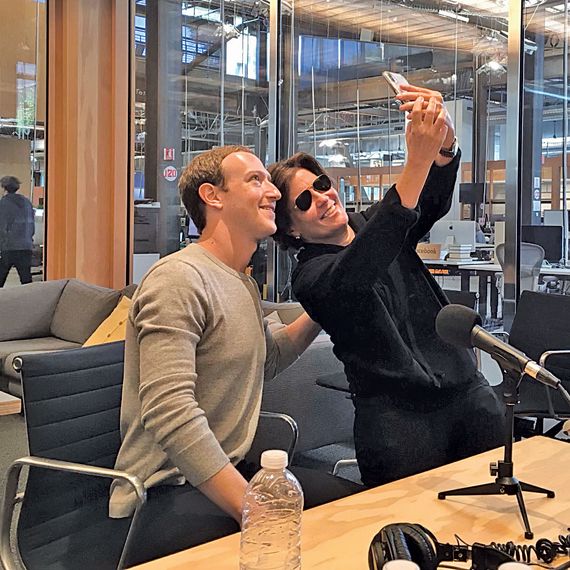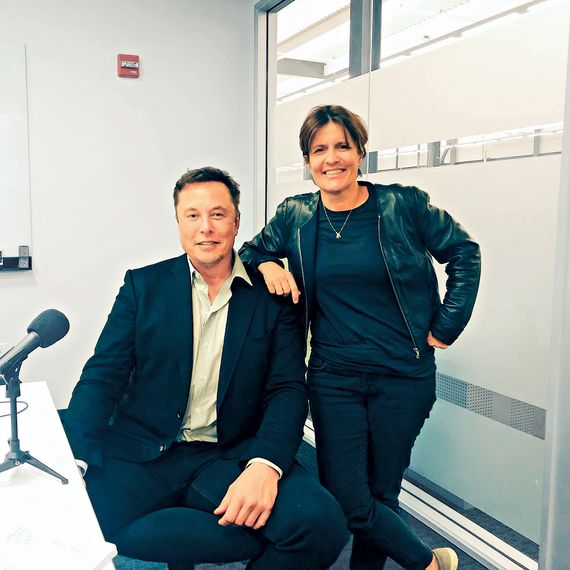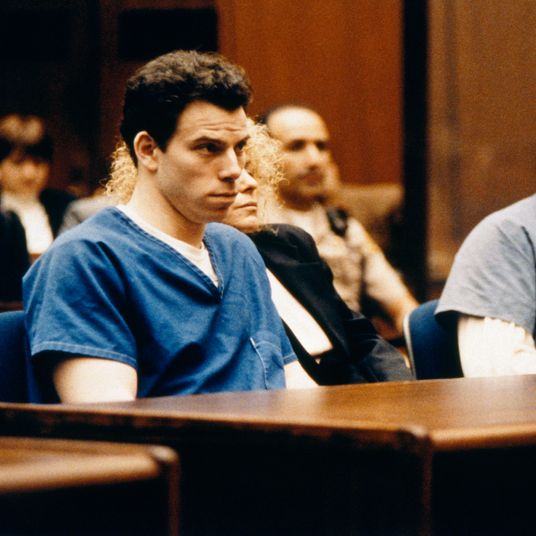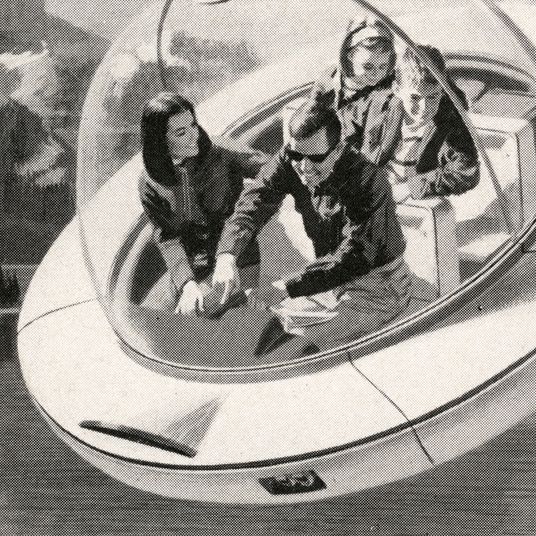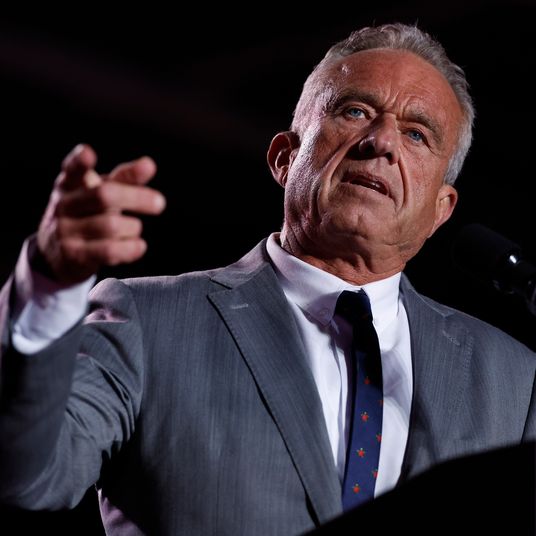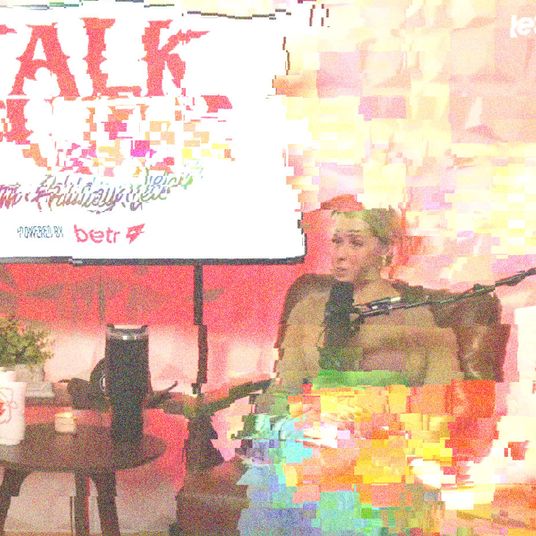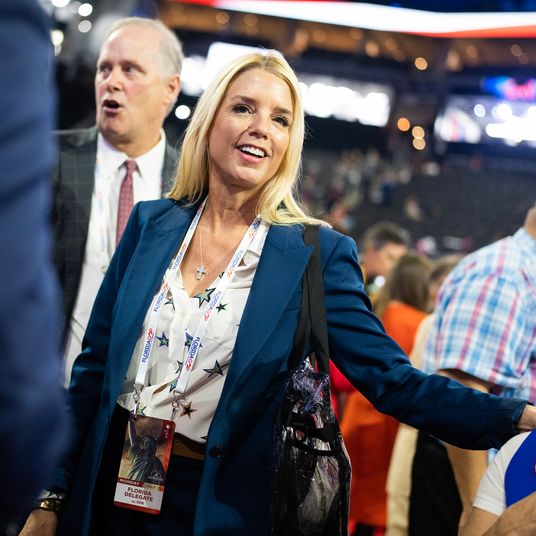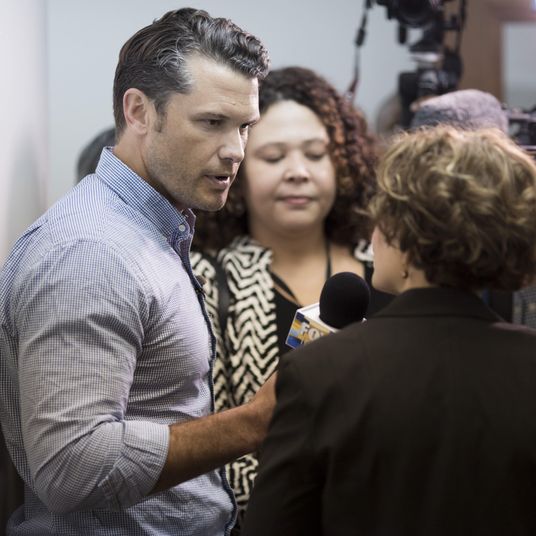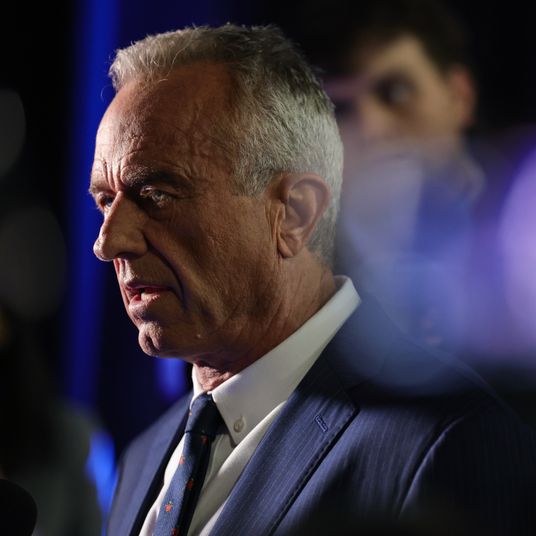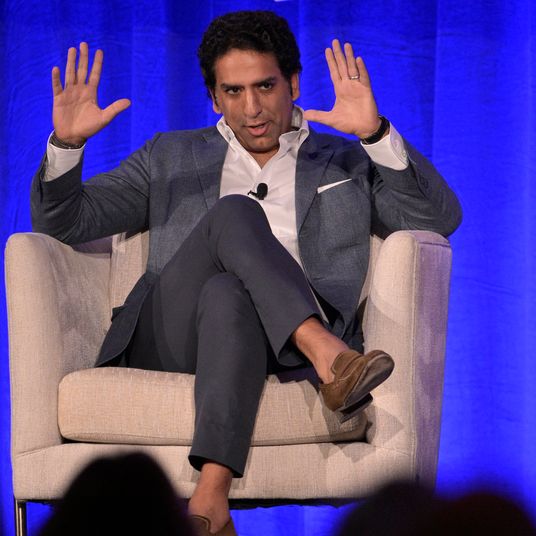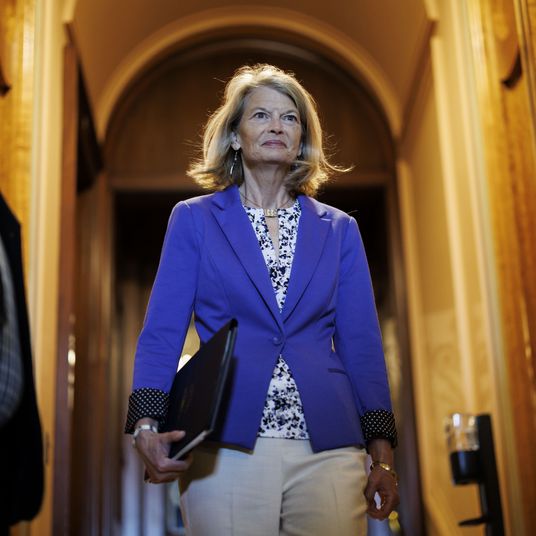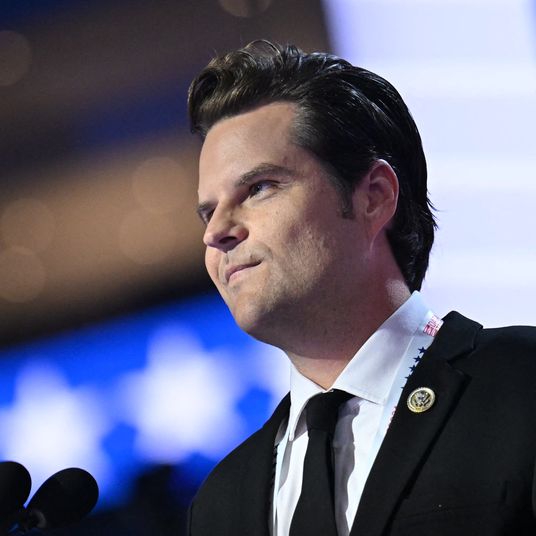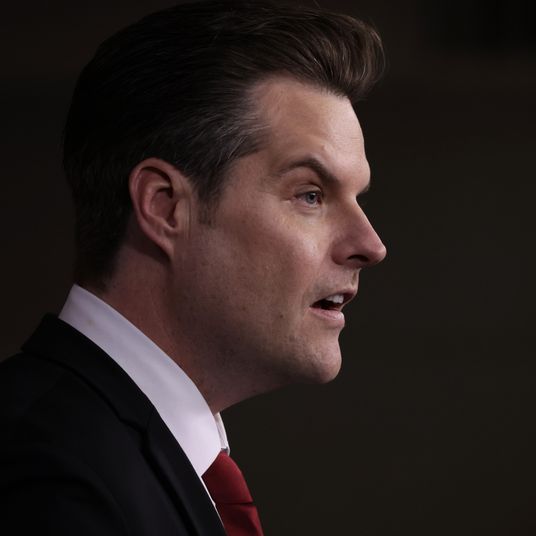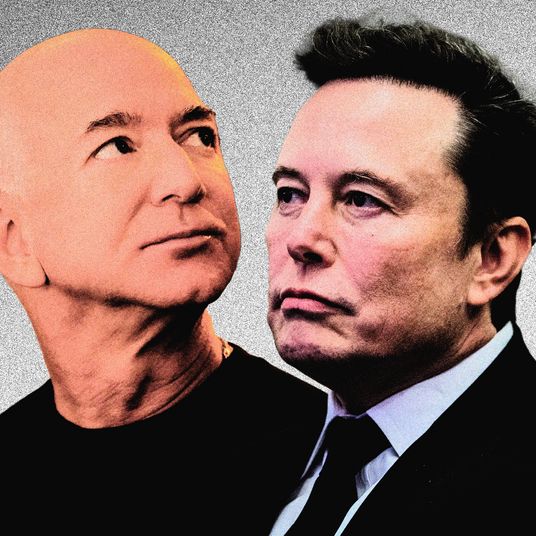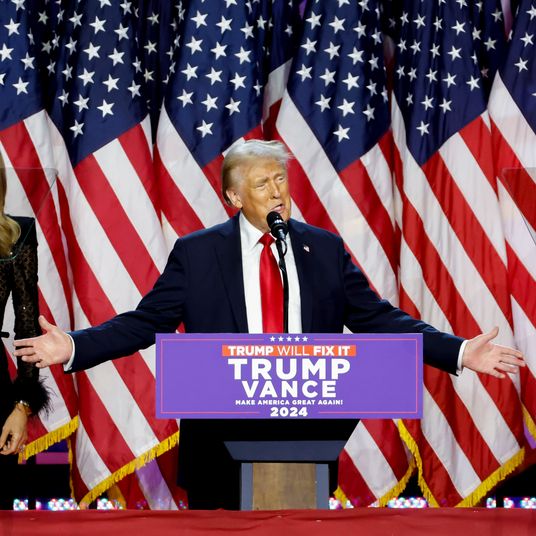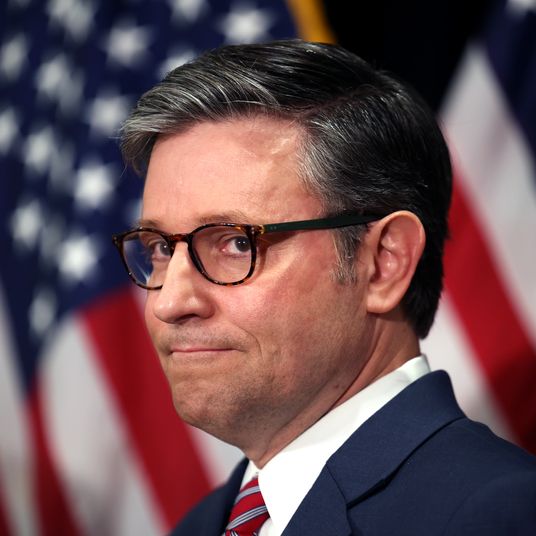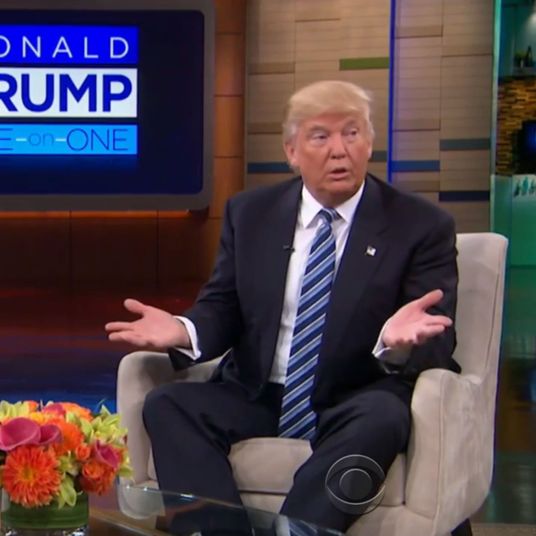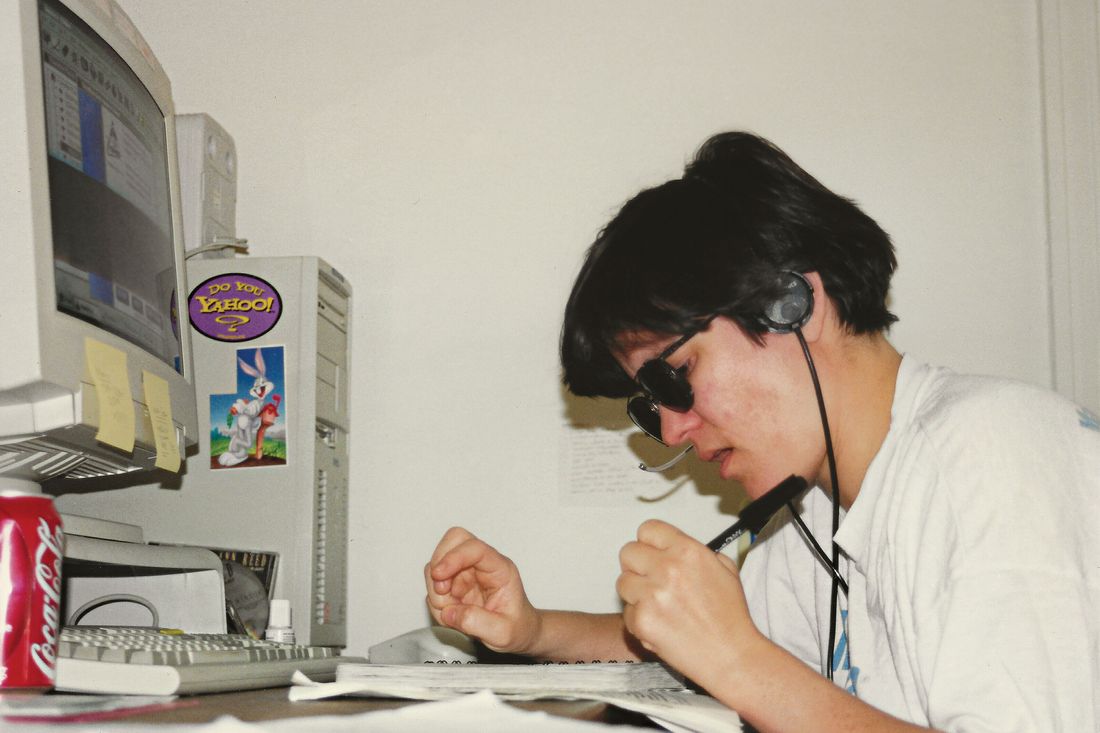
This article was featured in One Great Story, New York’s reading recommendation newsletter. Sign up here to get it nightly.
In the early 1990s, I was a reporter at the Washington Post. Having just turned 30, I was the “young” person in the newsroom, so when the digital-media start-ups appeared, I got what many reporters looked at as the short end of the beat. They had no interest in understanding the massive changes that were happening. As I learned more, it often fell to me to explain what this newfangled internet was as if I were trying to explain a tree to a child.
The Post did give me the space to report on a broad range of digital topics, largely because no one else would — including the many come-and-gone technologies, like CD-ROMs, that were heralded as “multimedia killers” but would soon be killed themselves.
During that period, I made one prediction that started coming true much more quickly than even I expected. This was about the end of old media, starting with the destruction of one of its most important economic pillars: the classified ads in newspapers.
In 1995, a quirky programmer in San Francisco named Craig Newmark started emailing friends a list of local events, job opportunities, and things for sale. The next year, he turned Craigslist into a web-based service and eventually started expanding it all over the country and the world.
Chapters
Burn Book, by Kara Swisher
Adapted from Burn Book, by Kara Swisher, from Simon & Schuster, available now.
It was clear this list was a giant killer, and I told everyone who would listen to me at the Post that we needed to put all the money, all the people, and all the incentives into digital. I insisted that the bosses had to make readers feel like digital was the most important thing. But the bosses never did because the business they knew was the physical paper. I relayed my worries about the turtle pace of digital change many times to the Washington Post Company’s affable CEO, Don Graham, the son of legendary publisher and surprisingly entertaining badass Katharine Graham. Don Graham was inexplicably humble and even sheepish about his power. The very worst thing that Graham — always apologetic for having interrupted me, as I strafed big retail advertisers in my stories about the sector’s decline locally — would say to me was “Ouch.” Then he would saunter away from my desk with a jaunty wave. And while Graham was interested when I talked about what Newmark was doing, he laughed when I told him that Craigslist would wipe out his classifieds business.
“You charge too much, the customer service sucks, it’s static, and most of all, it doesn’t work,” I lectured him about this business, which was crucial to his bottom line. “It will disappear as an analog product, since it is a perfect target for digital destruction. You’re going to die by the cell and not even know it until it’s over and you’re dead on the ground.”
Don smiled at me with a kindness I certainly did not deserve at that moment. “Ouch,” he said.
The Post, of course, is now owned by a tech mogul, Jeff Bezos, and other Silicon Valley machers have taken over or invested heavily in legacy media, but they have not prevented its relentless decline, or the hemorrhaging of thousands of jobs from the industry in just the past few years, as the digital world has both sucked up and diminished print business models. Graham, who retired from the Post in 2015, did make a number of energetic digital efforts to keep up (and also was on the board of Facebook), most of which did not stanch the bleeding. Most other media executives seemed to have a genetic predisposition to oppose change and innovation and spent many years refusing to bend to the coming disaster to their bottom lines and their fleets of Town Cars (which would, of course, go last).
In their place came an army of fleece-clad adult toddlers, also mostly white men — some things are enduring — whose knowledge of media and history and, most important, what it took to keep a democracy humming was dangerously thin.
Even if tech reporting in the early 1990s was a backwater to a backwater, filled with dull geeks and technical who-cares, I was all in on it because I thought the field was explosive and the possibilities infinite. But if I was really going to do this, I needed to move to California.
Only one person fully supported my move. Walt Mossberg was already the most famous of tech reporters for his popular Wall Street Journal column, “Personal Technology,” which debuted in 1991 and opened with the single greatest lede about tech: “Personal computers are just too hard to use, and it isn’t your fault.” I had introduced myself to the goateed guru while writing a book about AOL, and he graciously agreed to an interview. Walt and I instantly became close, bound by professional kismet and a tech mind meld.
In 1997, The Wall Street Journal had no dedicated reporter covering the internet, so Walt called top Journal editor Paul Steiger and basically ordered him to hire me. Walt had that kind of pull, since his column raked in tens of millions of dollars in advertising annually at the time.
In my final days at the Post, I ran into Graham and he asked why I was leaving. I launched into an explanation about lower publishing plains, rising rivers of information, and the weakening of the relationship between readers and advertisers. As always, the perpetually smiling Graham chuckled gently as I went on and on like a jackass.
“The flood is coming,” I warned him. “So I’m seeking higher ground.”
“You better stay dry then,” he joked. “And it looks like I’m going to need a bigger boat.”
Noah’s ark, I thought, which I mercifully kept to myself. At 34, I packed my car with all my belongings and headed across the country to a state I barely knew. Walt had just one more piece of advice for me before I left. “Parachute in with your cleats on,” he said. “They’ll never know what hit them. Be fair, but cover them hard since they’re going to run the world.”
I quickly discovered the same lack of excitement over this new digital age at the Journal, where much of the New York staff didn’t know what to make of me. “I guess you’ll be covering CB radio,” one of the paper’s hopelessly arrogant media reporters told me, a reference to the fad for citizens-band radio, which faded almost as soon as it appeared. Covering the old media giants was considered the hottest beat for up-and-comers. After all, these journalists got to cover corporate behemoths, like Time Warner, Condé Nast, News Corp., and Disney, entities that controlled everything humanity saw and heard. It was no surprise that the media reporters acted like the grandees they covered, preening with the unmistakable air of those who are frequently wrong but never in doubt.
Meanwhile, I was left to cover companies like Yahoo, which had gone public in 1996 with a market cap of nearly $900 million. That number quickly doubled, making Yahoo one of the hot places to work in Silicon Valley. Unlike other hot start-ups such as browser pioneer Netscape, Yahoo was consumer focused with its jaunty lettering, irritating exclamation point, and air of youthful wackiness. It became the most important website that was a directory of other websites, all manually listed by a group of human web crawlers that I dubbed “the internet bouncers.”
Even then, issues of moderation were problematic. As I wrote at the time, the only sites Yahoo did not add to its critical directory were those that promoted illegal activities such as bomb-making and child pornography. But Yahoo directed people to communities in its “Society and Culture” category that promoted the Ku Klux Klan and other hate groups. Head Yahoo bouncer Andy Gems insisted to me that he was not a “censor.”
Sound familiar?
I interviewed Gems in a very dark room at Yahoo’s campus in Sunnyvale, California, for one of my first articles at the Journal, headlined “The Gatekeeper.” Previously, Gems had worked at Borders Books & Music in downtown San Francisco. Accompanied by a pet tarantula that ate live crickets at his desk, Gems had one of the most powerful jobs on the internet, deciding with 60 other surfers what got accepted and what did not on the most important guides.
And Yahoo was — for one moment, at least — the gateway to the internet. It added all kinds of digital bells and whistles like email, personalization, commerce, and news alongside its flagship guide. The marketing of Yahoo was relentless. Originally, the brand was built around the founders and their leap from the computer lab to the stratosphere. In one cover story, they exuberantly exploded from a purple Yahoo Mini; on another, one rode a surfboard with a computer on his head.
Internet people loved to do things like this, since it gave them an “I don’t care for corporate formalities” attitude, which appealed to the audience they were aiming at and also made for good copy. It was obviously silly. But who was I to argue? These new developments seemed to be working.
Few tech leaders had learned the most potent lesson of the sector yet: The young inevitably eat the old.
Yahoo certainly found out and quickly. In 2000, Google struck a brief deal with Yahoo to power the search engine for the ascendant web portal, which did not then have algorithmic search capabilities. As part of the vendor arrangement, the Google logo, with its primary-color letters, was prominently featured on the much-visited Yahoo website. It was as if Coke let Pepsi put its name on cans. During an interview with Google co-founder Larry Page that year, I looked up at the charted growth for google.com plastered on the walls of the office, and it was immediately apparent that there was a fast-moving shift of Yahoo customers to Google. “Do they know?” I asked Page. “I don’t think so,” he said, flashing the sly grin he sometimes let break through his typical poker face.
Google was becoming a Borg that would suck in all the world’s information and then spit it out for profit. Eventually, resistance would be futile in all media. In late 2003, for example, Page was disappointed and confused that book publishers had not jumped on Google’s proposal to help get their content digitized. I tried to explain why IP was so important to media companies and that you could not just take it without consequences. Once Google did this, no one else would be able to afford to digitize the material, so content-makers and their work would eventually be held hostage by the technology and access to it. Google would dominate all content without having generated anything but the delivery system.
This was Craigslist all over again, except so much bigger. And internet entrepreneurs like Page thought this was just great for humanity; the truth is it was good for them.
On January 11, 2000, The Wall Street Journal ran a story detailing how young upstart AOL had swallowed the august media behemoth Time Warner. The merger was a clusterfuck from the get-go, undone by AOL’s inflated stock price and the bursting of the dot-com bubble. Many of those old-media types inside Time Warner were thrilled by the web’s stumble, and too many yammered on about how people were going to lose their love of digital and return to the old, normal ways. But there was no normal anymore. Even in those anti-digital times, I went full Churchill and dubbed the crash “the end of the beginning.”
Music and movies and books and all the rest would still be relentlessly digitized. And the mix of technology and media that would someday enable consumers to gather information anytime and anywhere was still inevitable, even if delayed by the incompetent leaders of Time Warner. Over? Not a chance, and that was right when I decided to jump into the entrepreneurial pool myself, hoping not to drown.
Every metamorphosis in my career started with some bellyaching, and I’d already been bellyaching a lot to Walt about working as a columnist (my column at the Journal was ironically called “Boomtown”). I felt trapped in a prison of expectations from a medium I barely believed in. Writing weekly ruminations seemed quaint.
I continued to be testy at meetings in which well-meaning editors would discuss how to get “young” people to read the paper, even as the Journal continued to downplay digital and planned a Saturday print edition for 2005. I kept thinking if it were up to me, I’d dump the printing presses and go fully digital. But our audience skewed older and whiter and liked their broadsheet.
I realized that I was and would always be a great reporter and much less a good employee. So I called Walt and said we had to start something fresh and new. “When do we break out?” he asked. To say I love Walt for that — and so much else — does not begin to express what his enthusiasm meant to me. As we noodled, we realized our first and best move was to use Walt’s considerable clout to push the business leaders of the Journal to let us launch our new venture as an internal skunkworks.
That term, popular in tech, refers to a tight group of innovators who steal away from a mother ship and create a smaller, faster-moving pirate ship. Our hope was to create a crack team of mouthy malcontents willing to innovate news delivery and host live events. We wanted to launch a digital-only publication with attitude and personality and without all the meddling from those who love to meddle in a news organization. We toured the Dow Jones empire and consulted the powers that be and then mostly sidelined them, except for the ad staff, which was eager to have a new product to sell. All we needed was a name. “Just call it D,” said TED-conference creator Richard Saul Wurman when Walt and I asked him for advice on a visit to his mansion in Newport, Rhode Island. “It stands for whatever you want. Delightful. Demanding. Disruptive.” We liked that last one a lot and went with D: All Things Digital, calling our conference the same. (The conference was renamed Code after we left the Journal.)
As we grew, new gatekeepers replaced the old, except they were a lot younger. I remember being at our annual All Things Digital conference in Rancho Palos Verdes, California in 2010 and wondering, as sweat poured down Mark Zuckerberg’s pasty and rounded face, if he was going to keel over right there at my feet. “He has panic attacks when he’s doing public speaking,” one Facebook executive had warned me years before. “He could faint.” I suspected that might have been a ploy to get us to be nicer to Zuckerberg. It didn’t work. As Walt and I grilled the slight young man on the main stage, the rivulets of moisture began rolling down his ever-paler face.
Mark had always been a skittery type around me. In fact, “I heard you think I’m an asshole” was the first thing he ever said to me when I met him in 2006 in Palo Alto. I didn’t think that, although I did eventually come to believe that he was one of the most carelessly dangerous men in the history of technology. Four years later, as Facebook boomed, Mark was clearly agitated about the upcoming release of The Social Network. The company had complained self-righteously and loudly to the Hollywood executives in charge about the portrayal of him, which of course brought even more attention to the film. I advised Zuckerberg to laugh it off and told him to go to the premiere and even hug actor Jesse Eisenberg, who was playing him. “Control the narrative, Mark,” I said. “It’s coming whether you like it or not. And who cares, because you’ll be richer and more famous than any of them in the end.”
While he later did laugh it off, including appearing on Saturday Night Live with Eisenberg, Zuckerberg was not of that mind-set at the time of this conference. “This is what people will think I’m like, because they believe what’s on the screen,” he said to me, furrowing his then-unwrinkled brow. Mark had just turned 26 and had almost no sense that life was long and that he should be preparing for what would become a marathon of scrutiny. He seemed very vulnerable to me, especially since he appeared less angry than perplexed as to why the world was being so unfair to him. After all, he had gifted us the invention of Facebook.
This early Zuckerberg had yet to become the muscled, MMA-fighting, patriotic-hydrofoiling, bison-killing, performative-tractor-riding, calf-feeding man that he would develop into over the next decade. He had also yet to become a symbol of the disinformation spread by social-media networks, as Facebook and Google replaced traditional media as the world’s informational gatekeepers.
What kind of gatekeepers did these new masters become, now that it was their turn? In July 2021, Casey Newton of Platformer asked Zuckerberg about President Joe Biden’s declaration — later softened — that misinformation about vaccines and COVID on Facebook was “killing people.” Zuckerberg’s response was deeply revealing. “When you think about the integrity of a system like this, it’s a little bit like fighting crime in a city,” he said. “No one expects that you’re ever going to fully solve crime in a city.”
The pertinent fact he left out is that when trouble happens, as it often does, citizens can fire a police chief and elect a different mayor. Zuckerberg had permanent job security as ruler-for-life of Facebook. Thanks to Facebook’s intentional corporate structure, he controls the voting shares and the board and can never be expunged in any kind of democratic way for bad management. Mark Zuckerberg cannot be fired.
It’s also worth noting that his “fighting crime in a city” analogy came only six months after a mob attacked the Capitol on January 6, 2021. Social media, particularly Facebook, played a role in the ability of then-President Donald Trump and his minions to amplify hate and lies and spin them into violence. While it’s difficult to pinpoint how much culpability the tech companies have — and all of them have tried to thread the toxic needle here, rather than just reflect in horror about their roles — there’s no question that tensions were heightened by sloppy management of these ubiquitous platforms.
That’s because more and more people across the globe get their news and cues from social media. It has a scary ability to generate anxiety and rage, and it is addictive. Expert after expert I’ve talked to over the years has made the same point — in the new paradigm, engagement equals enragement. This is made worse by the people who run these companies, for whom anticipation of consequences is lacking and whose first instinct is to let it all through the gate, regardless of potential damage or danger. What’s the opposite of the mommy state? Parent-free chaos.
As the pandemic broke wide, I moved back east to have all my three kids — and one to come in 2021 — in one place. It was a good thing, as I was definitely becoming less of a chronicler of the internet age and more of its cranky Cassandra. A socially distanced populace was accelerating already existing trends around communications, commerce, education, the workplace, and more.
The dire situation had been aggravated by federal elected officials who, a quarter-century into the internet age, had managed to pass exactly zero legislation focused solely on creating tech guardrails to protect anyone from its obvious dangers, relying instead on old laws that were inadequate to the task. Thus, democratic institutions that we hold dear crumbled in the face of what all this digital engagement had wrought: no comprehensive privacy protections, no updated antitrust laws, no algorithmic transparency requirement, no focus on addiction and the mental impact of digital media.
You’d never know it, though, from listening to thin-skinned techies, too many of whom have resisted any legitimate criticism while becoming weirdly media-obsessed. They can’t stop talking about how much they think the press is irrelevant and have tried to do an end run around journalists once the tongue baths they regularly got were not so frequent.
Most techies now dabbling in the media are arrogant amateurs who think that because they excel in one area, they are masters of all domains. What they really are is incompetent at giving any insight or illumination beyond their own narrow self-interests while decidedly cheapening discourse. Elon Musk is the patron saint of this practice, holding forth on everything from COVID to what Russia is doing to a recent series of disturbing declarations about immigrants, which are beginning to eerily echo the rants made by his grandfather in South Africa. Even mulling the implications of the head size of newborns delivered via cesarean has not escaped his twitchy fingers. Having had one of those for my eldest and pretty sure it had no impact on any of my four kids’ intelligence, my advice to Elon and his nearly all-male cronies: Take a seat, boys.
Unfortunately, rather than ceasing, they are now poised to take it all with an assist from the newest game in tech: artificial general intelligence, or AGI. In the short term, it’s already clear it could be devastating for media companies — Google will not just be providing algorithmic search results; it and others like OpenAI have been using the new tools to scrape content largely made by others and reformulate it for the masses. That’s a simple way to describe it, but what could happen is what happened before: a complete hijacking of the content universe. What do you need New York Magazine for if they can swallow it, digest it, and regurgitate it back up in ways both anodyne and dangerous like the careless Information Age turkey vultures they have always been?
But it’s not just that they’re vultures, is it? We in the media — at least anyone paying any attention at all — know that by now. Which gives us all the responsibility to not let it happen again. You can use whatever metaphor you like, but the media has folded again and again to the memelords of tech in the hopes that they do not want what they clearly want, which is domain over all they survey. It was right there as bright as day in Google’s original mission statement: “to organize the world’s information and make it universally accessible and useful.”
But whose information? And useful to whom? And who gave them permission to do so in the first place? To me, even when I read that for the first time, my brain flashed to the classic Twilight Zone episode “To Serve Man,” in which aliens come to Earth promising to advance society with new technology, which they do. Too late, the humans realize the aliens plan to make a meal of them: To Serve Man is also the name of a cookbook. Far too much of our world has already been fried and boiled and steamed and fricasseed. And while it’s easy to say you should stop being prey, maybe we should stop thinking tech’s march is inevitable.
I’m not naïve: From a technology point of view, it kind of is. That said, it’s not as if the media does not have talents, including creativity, drive, and, yes, innovation. Over the past few years, many have created exciting new models for journalism that point to fresh ways to create content. Not all of it works, and most are still small, but it remains encouraging. The point is that tech and its leaders are simply not able to tell stories that are both accurate and compelling as well as those who make their living working in media.
Just watching this year’s Grammys was revelatory. Could tech have constructed Taylor Swift — don’t answer that if you are a right-wing conspiracy theorist — or been as preternaturally amazing as Tracy Chapman’s performance of “Fast Car” with Luke Combs or conceived of a song as elegantly perfect as Joni Mitchell’s “Both Sides Now”? Not too long ago, it was thought that tech would kill the music industry. It is obviously still thriving with an assist from its alleged murderer.
Let’s not just rely on the power of human creativity. There are legal and other tools available. After having gotten played in the last go-round, media giants like the New York Times are fighting back, using existing copyright laws to sue and perhaps get much better terms in deals from the tech giants for the valuable intellectual property they create. Using both the carrot and the stick approach seems right, rather than yet again knuckling under to tech’s inevitability and power.
But let’s not be stupid — the tech companies are powerful in ways that are mind-blowing. Besides having the largest market caps in history and being helmed by the wealthiest people who have ever existed, these companies continue to grow unchecked by any regulations with any teeth. Consider that the revenue at the Times, widely considered to be the gold standard in making the digital transition and transformation, was $2.4 billion in 2023, while Facebook clocked in at $135 billion. Oh. Yes. That.
There are better paths for all of us, for the health of our democracy and to restore our sense of truth and social cohesion, than allowing the angriest and loudest and most nonsensical voices on social media (and I am not just talking about Musk, but him, yes, perhaps most of all right now). Which is why we need to continue to press our elected leaders for guardrails for tech to limit its unaccountable power and put in place reasonable protections around a range of inventions that have the potential to cause more harm.
My digital journey in media has been a long one, and perhaps it’s okay that we had to be destroyed — or nearly so — to become something else. What I am certain of is we don’t have to be yet another meal for big tech to Google, oops, gobble up.
They think they can eat media? My reply? Bite me.
Adapted from Burn Book, by Kara Swisher, from Simon & Schuster.


